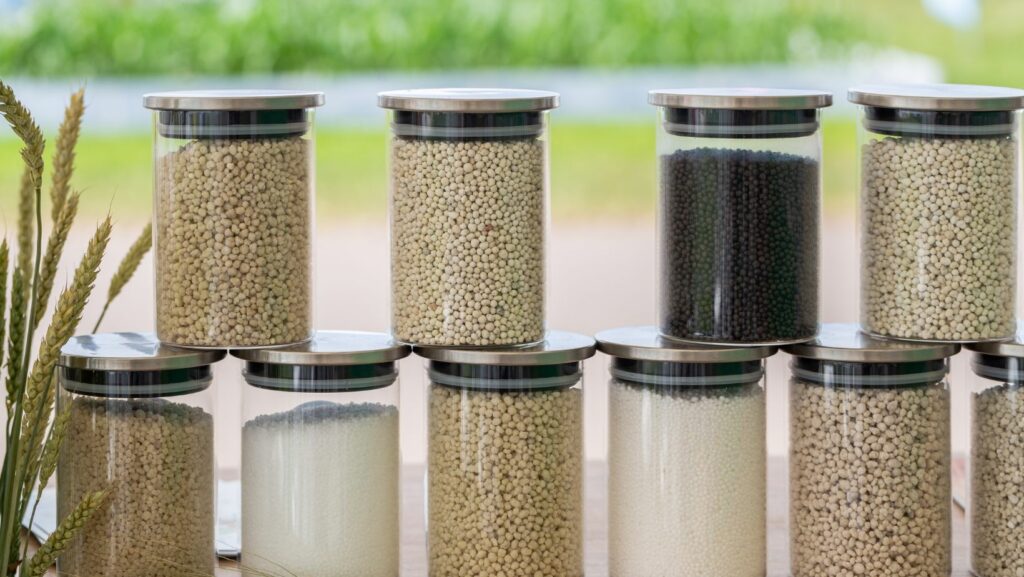Fertility is a complex aspect of human health that depends on various factors, from genetic predispositions to lifestyle choices.
While traditional medical assessments play a critical role in fertility evaluations, holistic approaches offer a broader perspective, integrating dietary and lifestyle factors that can significantly impact reproductive health.
The Role of Diet in Fertility
Diet plays a crucial role in fertility health. Nutritional deficiencies or imbalances can affect hormone levels and ovulation cycles.
A diet rich in antioxidants, such as fruits, vegetables, nuts, and grains, can improve fertility by reducing oxidative stress, which is known to affect the quality of both eggs and sperm.
Moreover, specific nutrients like folic acid, zinc, selenium, and omega-3 fatty acids are vital for good reproductive health. It’s important to consider these nutritional elements not just as supplements, but as integral parts of a balanced diet.
Lifestyle Assessments: The Impact of Stress and Physical Activity
Lifestyle factors such as stress and physical activity also significantly influence fertility. Chronic stress can lead to hormonal imbalances, affecting ovulation and sperm production.
Techniques such as yoga, meditation, and mindfulness can be effective in managing stress and enhancing fertility.
On the other hand, physical activity is equally important. Regular exercise helps maintain a healthy weight, reduces stress, and improves blood circulation, all of which are beneficial for fertility.

However, it’s crucial to balance physical exertion, as excessive exercise can negatively impact hormonal balance and reduce fertility.
Integrating Traditional and Holistic Assessments
Integrating holistic methods with traditional medical assessments creates a comprehensive fertility evaluation strategy.
Traditional tests, such as hormonal screenings and Ovarian Reserve Testing, are fundamental in assessing a woman’s egg quantity and quality.
These tests, when combined with an analysis of dietary habits and lifestyle practices, provide a more complete picture of an individual’s fertility.
For instance, while ovarian reserve testing offers vital data about a woman’s reproductive lifespan, understanding her dietary intake can optimise her preconception health.
A holistic approach would consider not only the biological aspects of fertility but also environmental and personal lifestyle factors that could be adjusted to improve overall reproductive health.
The Significance of Mental and Emotional Health
Mental and emotional health is another critical component of holistic fertility assessments. The journey towards conception can be emotionally taxing.
Supporting mental and emotional health through counselling, support groups, or therapy can be as crucial as addressing physical health issues.
Emotional well-being directly affects physiological health, and maintaining a positive and balanced mental state can improve fertility outcomes.
In Summary
Adopting a holistic approach to fertility assessment allows individuals and couples to understand better and manage their reproductive health.
By moving beyond the basics of traditional medical tests and embracing a broader view that includes diet, lifestyle, and mental health, prospective parents can enhance their chances of conception.

This integrative approach does not diminish the importance of traditional methods; rather, it enriches the assessment process, ensuring all factors affecting fertility are thoughtfully considered and addressed.
This comprehensive strategy empowers individuals with the knowledge and means to optimise their fertility, reflecting a profound respect for the complexity of human health.

